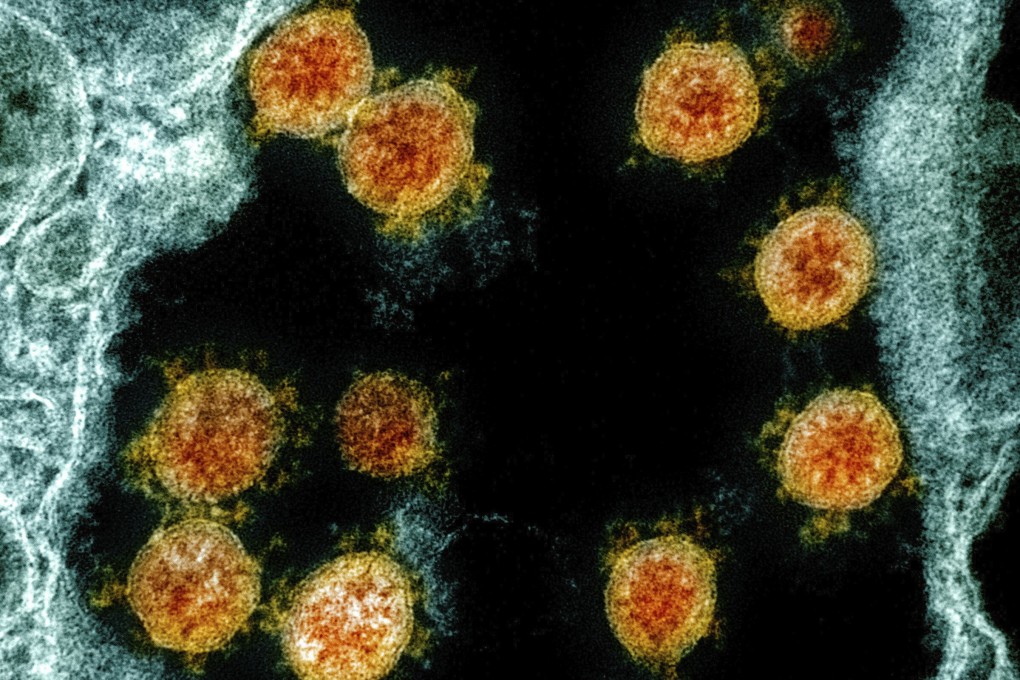Coronavirus: US case of reinfection ‘may affect vaccine research’
- Scientists say a patient in a Seattle nursing home tested positive for a mutated strain a few months after recovering from an earlier variety
- Findings suggest that the antibodies formed after the first infection did not offer strong protection against the second, team says

But other researchers have said that the mutated strain of the coronavirus in the study so far does not appear to have a big effect.
The patient in the US study was from Seattle and fell severely ill in March after contracting the virus with genes linked to the first strains of Sars-CoV-2, the official name of the coronavirus, detected in the central Chinese city of Wuhan.
In August, the patient returned to the hospital with a different strain of the virus carrying D614G, a mutation that was not seen in the first infection.
“These results could have important implications for the success of vaccine programmes based on the Wuhan strain,” said the researchers led by Jason Goldman with the Swedish Medical Centre in Seattle in a non-peer-reviewed paper posted in medRxiv.org on Friday.
Goldman’s team said their patient, whose sex was not specified, was a nursing home resident in his or her sixties who might have first caught the virus from a staff member who returned from the Philippines with a respiratory infection.